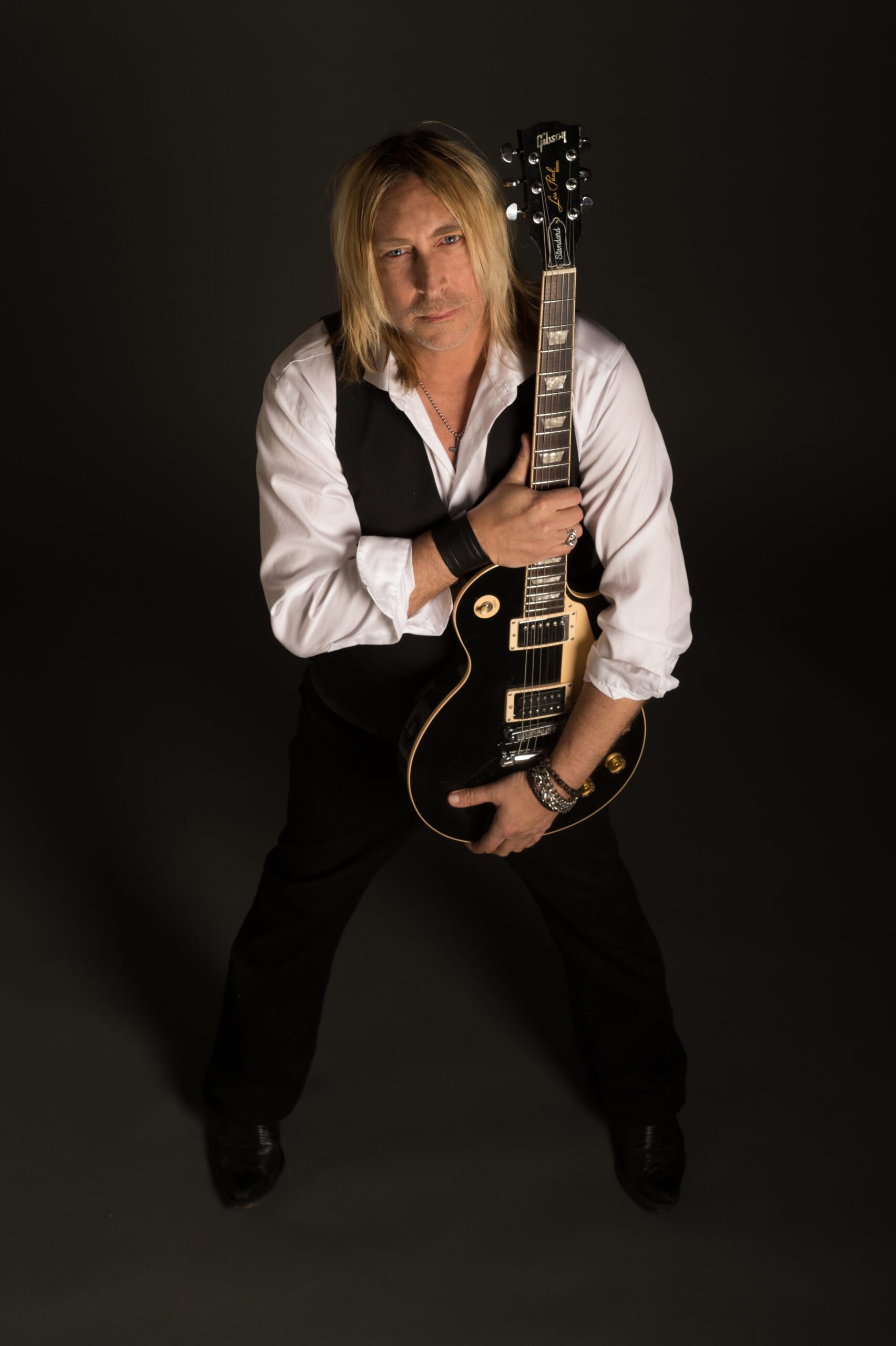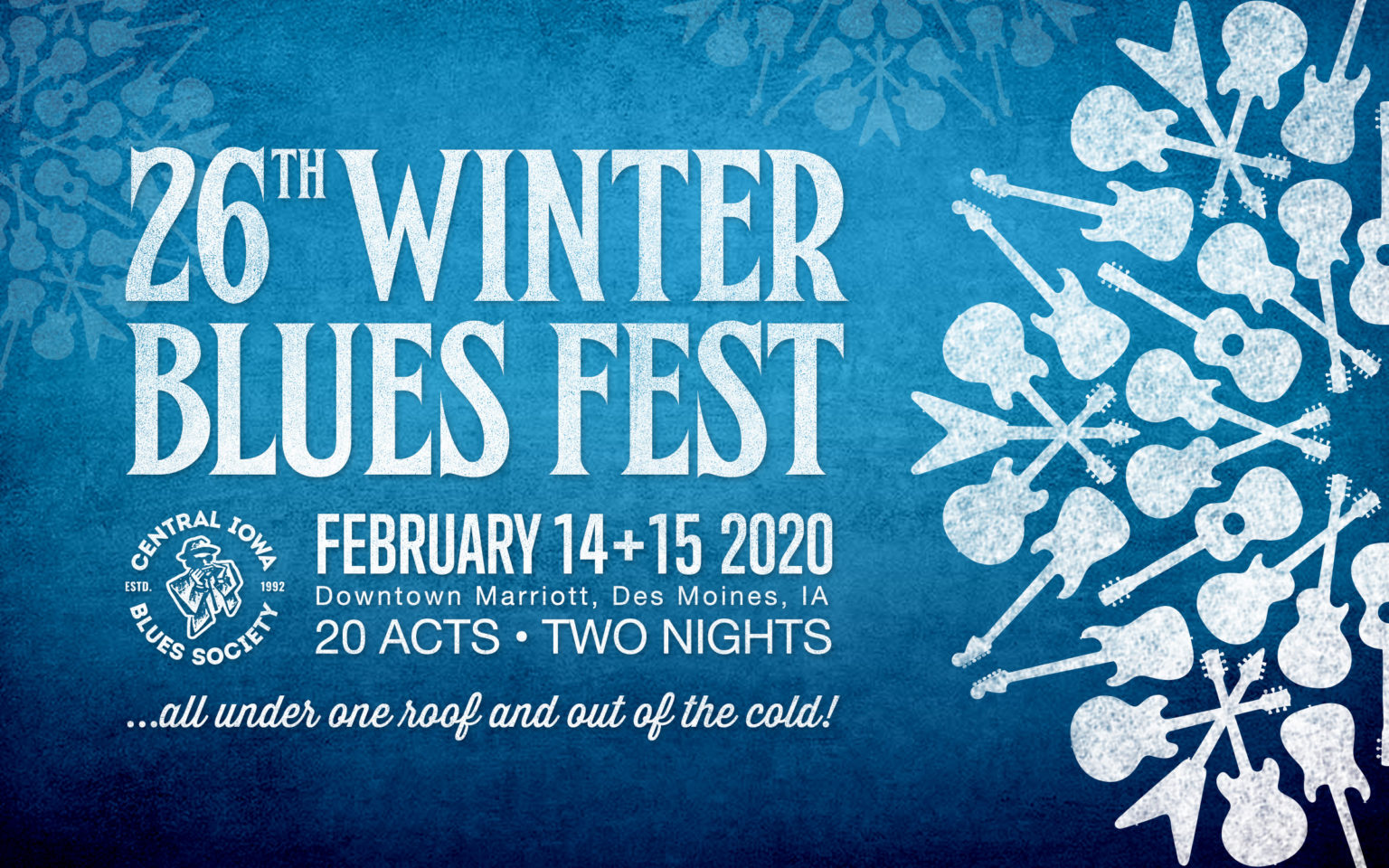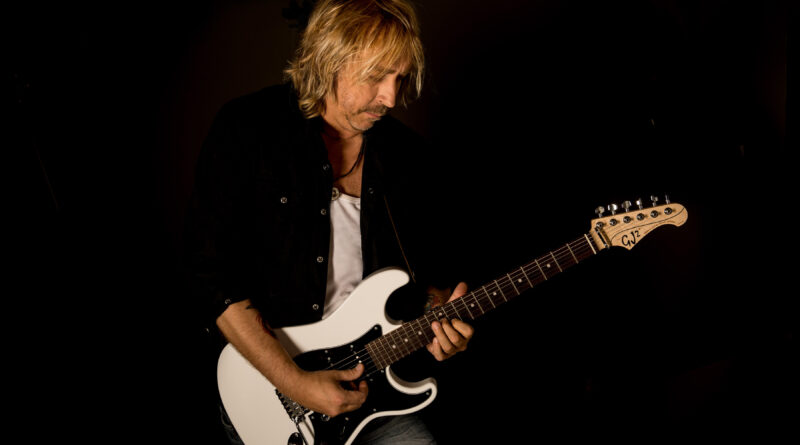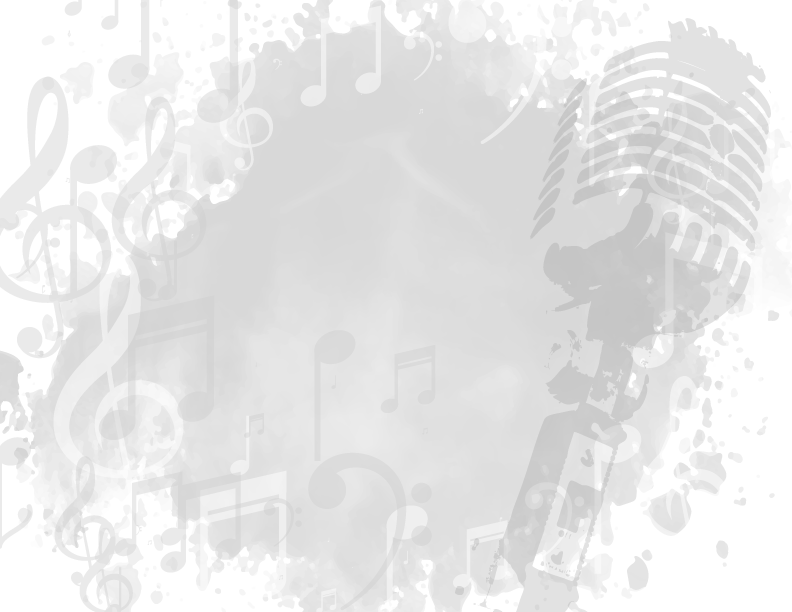A Blues New World: A Conversation With Guitarist/Producer Paul Nelson
Blues/rock guitarist and producer Paul Nelson has thus far lived a musical that life that many artists only dream of.
Not only is Nelson the guitarist who was hand-picked by the late blues/rock icon Johnny Winter to be a member of his band, he’s also the man with a Grammy award on his mantle for producing Winter’s “Step Back” album, and a member of the New York Blues Hall of Fame.
Oh, and he’s also the guy who has shared the stage or recording studios with men with the last names of Clapton, Guy, Gibbons, Haynes, and Trucks, to name just a few.
“It’s cool stuff for sure,” Nelson said in a recent phone interview with ListenIowa. “You don’t see it happening when it is, but when you’re reminded of it later, and you see it listed, you’re like, ‘Wow.’ ” (laughs)
Despite his golden laundry list of collaborators, most of whom he still calls friends, his headspace is that of a friendly and amiable musician (who just happens to have gratuitous amounts of tone and talent) simply enjoying the ride. Even he has to pinch himself at times.
“When I did the David Letterman show with Johnny,” Nelson said, “I was like, ‘Am I actually standing with Johnny Winter here on the Ed Sullivan stage?’ (laughs)
Nelson will bring his talents and backing band to central Iowa Friday night for a Des Moines debut at the 26th annual Winter Blues Festival at the Downtown Marriott at 9 p.m. in the Dubuque Room. It may not be New York City, but Nelson said the gig is one he’s had circled on his calendar.
“When I was out with Johnny, I never got to do these headlining shows with my band, so this is really cool,” he said. “There are a lot of friends of mine on that bill from when I was with Johnny. These guys opened up for us, or I know them personally or have guested on their albums.
“It’s not only going to be a great festival playing-wise, but I’ll get to hang with my buddies which will be cool, too. I’m excited about that.”
ListenIowa caught up with Nelson to talk about the festival, his laundry list of legendary collaborators, and more.
Do you think we’re in the midst of a sort of “guitar rebirth” right now?
Yes. The guitar is coming back into the spotlight again because of guys like myself, (Joe) Bonamassa, Warren Haynes, Derek Trucks, Sonny Landreth, etc. Before it was either you were a blues guy or a rock guy. Artists were afraid to call themselves blues rock. If you went into a blues club and said you were a blues/rock artist, you were too “rocked out” or whatever. You couldn’t mix it. But now it’s almost like another British Invasion. And we caused it. (laughs) Now, blues fans want a little rock in their blues, and rock fans want a little blues in their rock, and it’s a meeting of the two genres.
And you’ve embraced it whole heartedly, it sounds like.
I think as the audiences are getting more open to other styles, it’s allowed the musicians to stretch, add more instrumentation and get creative. Blues, rock, southern rock, which you used to never hear in the blues. Now it’s infused. There’s more slide guitar, too. They’ll hear some of that, some swampy stuff, then some blues riffs, some rock, and the audiences are like, “Wow. I got it all.”
It has to be nice to be playing some different venues, too.
We’re hitting these cool, historic blues places that are rich in music history that I never got to play in with Johnny because we were playing the bigger arenas. But I’m loving this. You look at the walls on some of these places and you see the history and hear the stories. These are the places where some of these (legendary) guys started. Juke joints.
It’s sounds like you’re of the opinion that bigger is not necessarily better.
With Johnny, we loved the intimacy of those smaller venues better. You can see the audience better, hear them, and you don’t have to play with these loud vibes. You can actually hear it. When you watch some of the biggest artists at these small, intimate venues, like Stevie Ray Vaughn at the El Macambo. That was historic. And there’s Jeff Beck at the Iridium Jazz Club. Those are small places, but they get the best sound, and the musicians play the best. With festivals, the audience is way out there. You can’t see them if they’re tapping their feet. And that’s a big thing.
Are there ANY larger venues that you can make that connection?
Yeah, Sweden Rock was a gigantic one. It was outdoors and had a great sound. A lot of them are in France. Some outdoor stuff in Prague, and Amsterdam, too. Some countries spend a lot more on sound equipment and take more pride in what they have and put more into it; it’s where it should be sonically. You pretty much know at soundcheck how the night is gonna go, the only difference is that at soundcheck there’s no people in there. It’s a huge difference with a ton of people in there and they’re absorbing the sound or eating up the reverb in whatever way.
Do you see blues, or blues rock, being received differently overseas right now as opposed to the U.S.?
There are certain parts of the U.S. where music is looked at in a commercial kind of way. Over in Europe, it’s definitely appreciated as an art form. They really want to know what you’re feeling when you’re playing, and if it’s coming from the heart. There are places in the Midwest, New England, or things like the Newport Jazz Festival, where it’s as if Muddy (Waters) is still around. There are pockets of places that still embrace it that same way here. But I think that when you get to the cities, it gets to more of the “how many units have you sold?” A lot of musicians move to Europe because there’s more money going into music education, and they’re much more into vocals, and classical music. Not to make the U.S. not sound great, but it’s two different things.
Have you ever come into the studio, met one of these collaborators and found yourself having to pull back on the “fan boy” reins?
No, I usually save that for afterwards. (laughs) During, I put on my poker face. I don’t get all mushy and crazy in front of an icon. Johnny was over at my house one time and he wanted Kentucky Fried Chicken. He’s sitting on my couch, and I’d known him for two or three years. I turned to whoever I was standing next to and go, “You know, I’ve never asked Johnny for an autograph. I’ve never turned into mush over him. I play with him, and we just respect each other’s playing. But I gotta say, Johnny’s in my living room eating chicken wings. (laughs) This has to be IT.” (laughs) That’s probably the most starstruck I’ve gotten. If you let your guard down, you can’t get anything done. And if the artist sees you’re like that, they might think that you’re not on the same level. And if you’re not on the same level socially, that might mean your musical proficiency might not be up to par either. I like playing with the artist first and chewing the fat later. Artists have tons of stories. If you don’t have any stories to throw back, they know you haven’t done that much. They might go, “Nice meeting you. Goodbye.” To establish a relationship, there’s gotta be something there that makes them comfortable.
Has there ever been a guitarist who surprised you with his or her abilities once you heard this person play outside of the typical band setting?
I’ve never been asked that question. That’s fantastic. I don’t know why anyone hasn’t asked that. Actually, it happened. I wasn’t sitting there, but it was Keith Richards of The Rolling Stones. I knew that he had a historical blues background, but I had no idea until I saw a video of him playing Robert Johnson music to a “T”. Every nuance. Everyone knows he’s a big Chuck Berry fan, but this really struck me the most. Also, when Jeff Beck was at Ronnie Scott’s and playing the rockabilly stuff. He really worked it, and you could see how much he appreciated it and how his style came out of that. Mark Knopfler (Dire Straits) did a duet with Chet Atkins and held his own. You see these people in another light and it’s like, “Wow.” Even Brian Setzer, you really get to see him now.
Outside of the Stray Cat box.
Yeah, and now he’s able to unleash a whole barrage of rockabilly and that style, with the diminished scales, the used of the whammy bar and all of his chordal work.
It’s a fine line, though. If you get popular by doing one thing, you can get kind of boxed in.
Yeah, it’s hard because if you’re known for one thing, and all of a sudden people see you doing something else, you gotta worry if it’s taking away from it. I like artists who are sort of like session guys. The guys who get the calls for all different styles, whether it’s rock, jazz, blues, country, soul, whatever. That’s how I was groomed.
A Steve Lukather of sorts.
A lot of guys are into Steve Morse (Kansas, Deep Purple) and Steve Lukather (Toto). The sort of scalar runs where it’s half chromatic approach, half scalar playing. Kind of the big rock ballad thing. It’a a mix of a little country, and a little of something else, and then there’s the articulation and speed. Lukather is like the ultimate session guy. You’ve got a lot of fusion guys into him. Lukather is the perfect blend. He’s just fantastic. He put out instructional videos, too, with Morse and Eric Johnson. I’m sure Bonamassa watches that one like crazy. (laughs) In the metal world, there’s guys like Paul Gilbert, those type of guys. There’s something to be learned from everyone.
It’s been four years since your last solo album, “Badass Generation.” Any plans to release new material anytime soon?
Yeah, I’m working on it right now. We’ve been playing the new songs live and getting their responses to them. We like to do that.
Any idea as to when that will be released?
A couple of months. I just did a couple of guest spots for a couple of other people, too, so that will be coming out as well.
Do you have a working title in mind yet?
Not yet. The titles switch as we go. (laughs) I like to check out the groove first. If they stamp their feet, it’s a winner in my book.
WHAT: 26th Annual Winter Blues Fest
WHEN: Feb. 14-15
WHERE: Marriott Hotel, 700 Grand Ave, Des Moines
MORE INFO: http://cibs.org/2019/11/2020-winter-blues-fest/


